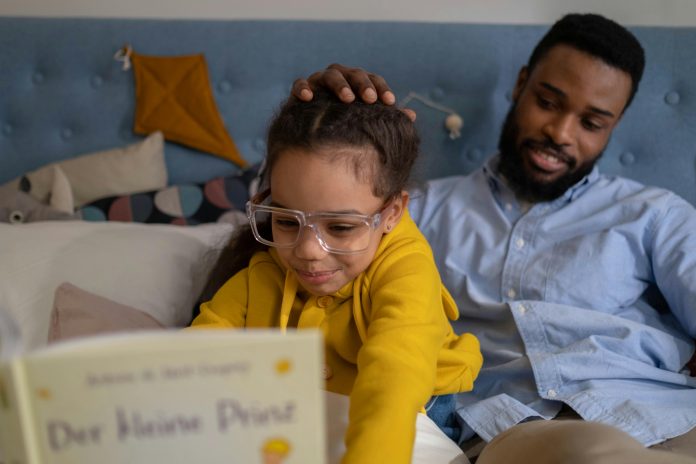Kids aren’t born loving worksheets. But they are born loving discovery. That wide-eyed, question-filled energy doesn’t need to fade with age; it can evolve. As a parent, you have an enormous influence over how your child feels about learning. It’s not about test scores or academic performance. It’s about nurturing curiosity, resilience, and joy in the process. Lifelong learners aren’t just good students—they’re adaptive thinkers, better listeners, and more compassionate humans.
1. Spark Curiosity Through Exploration
Curiosity isn’t a luxury. It’s the ignition point of learning. When kids are curious, they ask better questions, try harder things, and retain more information. Give them access to new ideas, places, tools, and even boredom. Boredom can be a launchpad, not a dead end. When you lean into their interests and trust them to wander, you show them that curiosity acts as a filter over the world. They begin to crave not just answers, but better questions.
2. Learning Through Play
Learning doesn’t always look like sitting still and following instructions. Sometimes it looks like a Lego tower collapsing ten times before standing. Play teaches flexibility, strategy, and emotional regulation. When it’s self-directed, it also fuels decision-making and innovation. Play encourages initiative and problem-solving, especially when it’s open-ended. Create space for play without a lesson plan attached, because joy is the lesson.
3. Offer Hands‑On, Real‑World Activities
Kids remember what they do—not just what they hear. That’s why hands-on learning is so effective and reinforces a love of learning in children. Cook a recipe together (and sneak in some math). Build a birdhouse and introduce basic engineering. The goal isn’t to turn your home into a classroom, but to provide hands‑on experiences. You’ll see their sense of agency skyrocket when they witness the impact of their actions.
4. Encourage Question‑Asking Behavior
Every time your kid asks, “Why?” they’re flexing a muscle that matters. Resist the urge to shut it down or give a quick answer. Instead, explore with them. Ask what they think. Model curiosity. Studies show children benefit from asking deeper questions because it develops metacognition, which is the ability to think about their thinking. That’s the scaffolding of lifelong learning.
5. Model Lifelong Learning at Home
You can’t expect your kid to fall in love with learning, especially if you treat it like a chore. Let them see you get excited about a documentary, a DIY project, or a random deep-dive into bird migration. Share what you’ve learned and how you figured it out. When you demonstrate your passion for learning, it normalizes that learning doesn’t stop at graduation. It just gets more and more interesting.
6. Create a Stimulating Learning Space
A dedicated desk isn’t always the answer. Sometimes the best “learning environment” is a messy craft table, a bookshelf that invites wandering, or a quiet window ledge perfect for sketching what they see. Environment shapes energy. Create a learning‑rich environment that encourages exploration: books, tools, and questions pinned to the wall. Keep it evolving. Curiosity needs friction, but also freedom.
7. Link Learning to Future Passions
As kids grow, so do their interests and their potential career dreams. For instance, if they show an early fascination with behavior, emotions, or social dynamics, help them see where that could lead. Show them that education isn’t fixed and that it adapts. Knowing there’s a path aligning their interests with a real future builds motivation that lasts rather than any sticker chart.
Raising a lifelong learner isn’t about pushing them, it’s more about pulling back the curtain and letting them see how thrilling learning can be. Your job isn’t to have all the answers, but to stay curious alongside them. Build a home where questions are welcome, mistakes are safe, screentime is limited, and passion is celebrated. Create space for randomness, for detours, for rabbit holes that lead nowhere… until they don’t. Because in the end, the goal isn’t just learning, it’s loving the act of learning itself.
Discover expert insights and practical tips for parenting and personal growth at Douglas Haddad’s website, where you can access free resources and courses to empower your journey.



